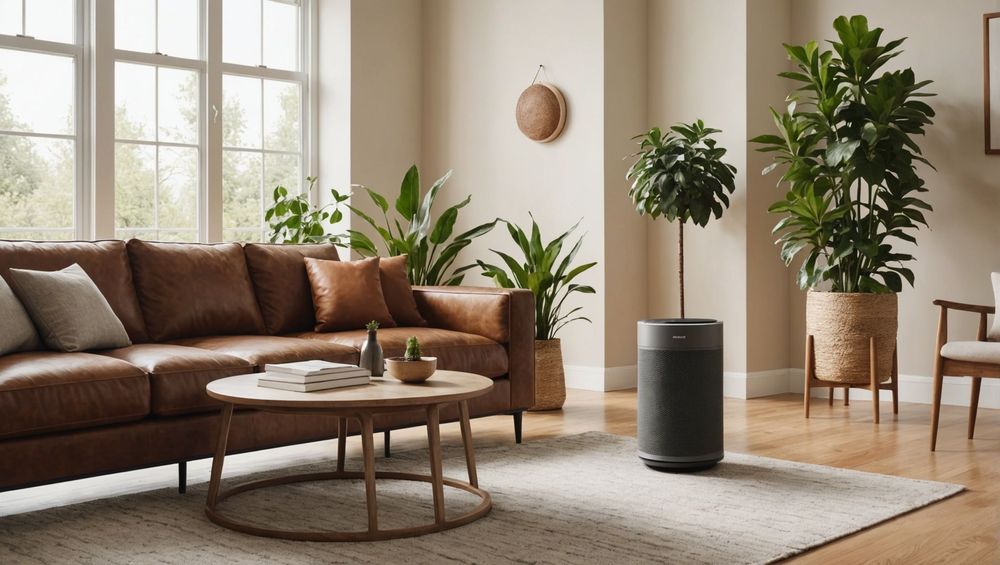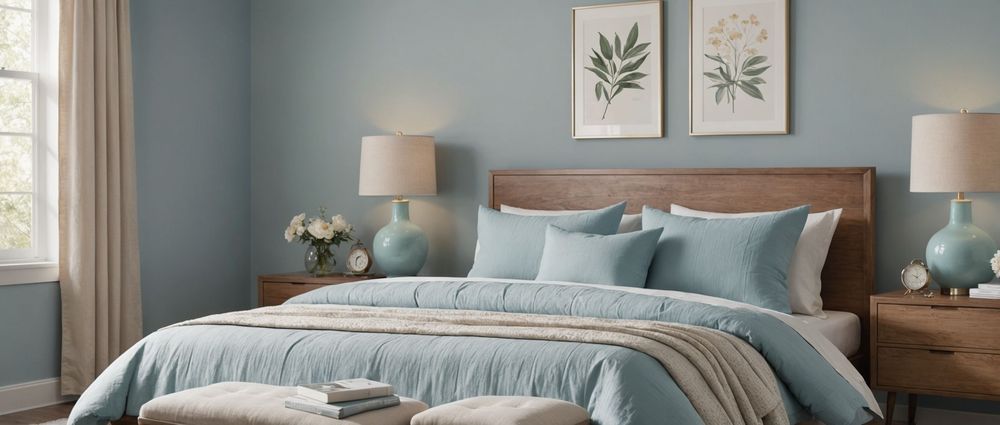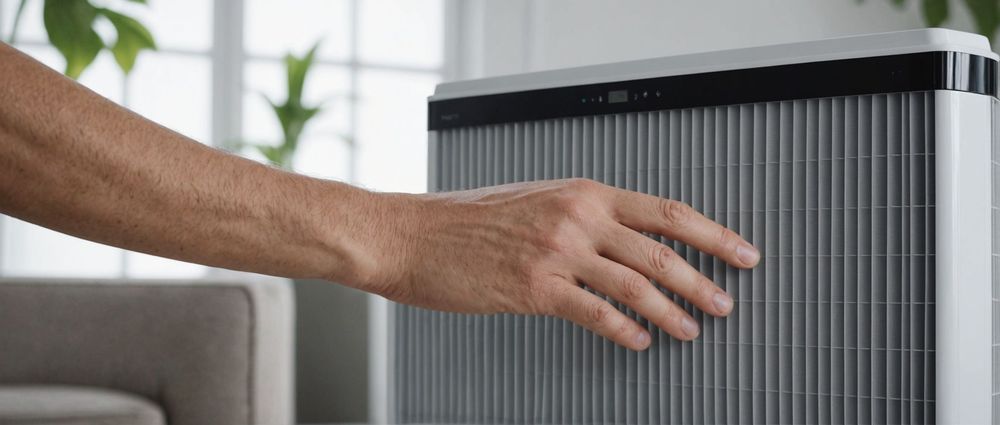Air purifiers have gained considerable popularity for their touted benefits in improving indoor air quality. But do they really help? The answer is a resounding yes; air purifiers can significantly improve indoor air quality, reducing pollutants such as dust, pollen, pet dander, mold spores, and even harmful gases. However, understanding how they work and their limitations is crucial to maximizing their effectiveness. In this article, we’ll delve deeply into the mechanisms of air purifiers, their benefits, types, and considerations before purchasing one.
How Air Purifiers Work

Air purifiers function by drawing in air through a series of filters that capture various particles and contaminants. The primary components of most air purifiers include:
- Pre-filters: These capture large particles like hair and dust.
- HEPA filters: High-Efficiency Particulate Air filters trap 99.97% of particles sized 0.3 microns or larger.
- Activated carbon filters: These absorb odors and volatile organic compounds (VOCs).
- Ionizers: Some purifiers use ions to attract and remove particles from the air.
Once the air passes through these filters, clean air is then released back into the room, contributing to a healthier living environment. Understanding these mechanisms is vital when selecting an air purifier that best meets your specific needs.
Benefits of Using Air Purifiers

Air purifiers offer a multitude of benefits, especially for certain demographics, including allergy sufferers and individuals with respiratory issues. The key advantages include:
- Reduction of Allergens: Air purifiers can significantly decrease levels of allergens in the air, providing relief for those suffering from hay fever or other allergic reactions.
- Improved Respiratory Health: By filtering out harmful pollutants, air purifiers can assist in reducing respiratory infections and ailments such as asthma.
- Elimination of Odors: Activated carbon filters effectively neutralize unwanted smells from pets, cooking, and smoke.
- Reduction of Airborne Germs: Some air purifiers include UV-C light technology that can kill bacteria and viruses.
- Better Sleep Quality: Cleaner air can contribute to deeper sleep and overall well-being.
The cumulative effect of these benefits can lead to healthier living spaces, making air purifiers a valuable investment for many households.
Types of Air Purifiers
Choosing the right air purifier involves understanding the different types available on the market. Here is a breakdown of popular types:
- HEPA Air Purifiers: Best for capturing particles like dust and animal dander.
- Activated Carbon Air Purifiers: Excellent for eliminating odors and chemical vapors.
- Ionic Air Purifiers: Generate ions to remove particles but may produce ozone, which can be harmful in high concentrations.
- UV Air Purifiers: Use ultraviolet light to kill pathogens and maintain sterilized air.
- Hybrid Air Purifiers: Combine multiple technologies for optimal efficiency.
Understanding these types can help you make an informed decision tailored to your specific needs, enhancing the overall effectiveness of the air purifier you select.
Considerations Before Purchasing an Air Purifier
Before purchasing an air purifier, there are several crucial factors to consider to ensure that you choose the right model for your home. Here are some key aspects to evaluate:
- Room Size: Determine the size of the space you intend to purify. Air purifiers are rated for specific room sizes, and it’s essential to choose one that matches your needs.
- Filter Types: Consider what type of filter is most suitable for your situation—HEPA filters for allergens or activated carbon filters for odors.
- Noise Levels: Evaluate the noise level of the purifier, especially if you plan on placing it in a bedroom or quiet area.
- Maintenance Costs: Take into account the cost and frequency of filter replacements, as this can affect your long-term investment.
- Energy Efficiency: Look for ENERGY STAR certified models to save on electricity bills while reducing your environmental footprint.
By weighing these considerations carefully, you can select an air purifier that aligns with your needs and lifestyle, ensuring optimal performance and satisfaction.
Conclusion
In summary, air purifiers can indeed help improve indoor air quality, providing a myriad of health benefits. By understanding how they work, the different types available, and the considerations needed when purchasing, you can make an informed decision that best suits your personal and health needs. With the right air purifier, you can create a cleaner and healthier indoor environment, contributing to improved well-being for you and your family.
FAQs
1. How often should I replace the filters in my air purifier?
Most filters should be replaced every 6 to 12 months, but this can vary based on usage and pollution levels.
2. Can air purifiers reduce the spread of illnesses?
Yes, certain purifiers, especially those with UV-C technology, can help eliminate germs and bacteria, potentially reducing the spread of illnesses.
3. Will an air purifier eliminate all odors?
While air purifiers with activated carbon filters can neutralize many odors, they may not eliminate all smells, especially if the source remains present.
4. Do air purifiers help with pet allergies?
Yes, HEPA filters are particularly effective at capturing pet dander and hair, providing relief for allergy sufferers.
5. Is it safe to use an ionizing air purifier?
While ionizers can be effective, they may produce ozone which can be harmful. It’s important to choose models that are certified to have low ozone emissions.



